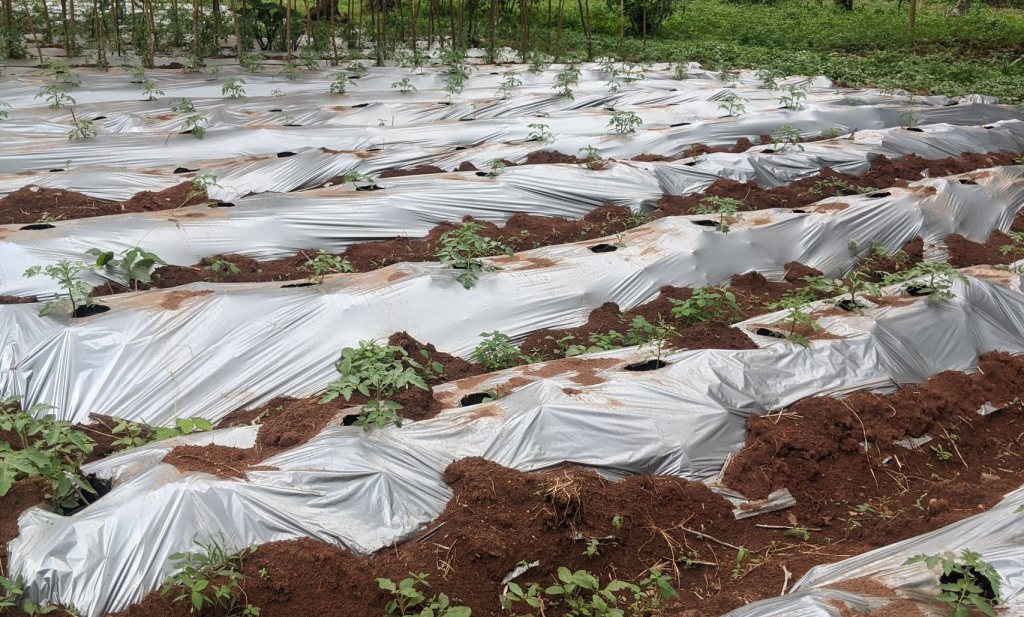Agriculture is very symbolic in every community of various countries. Some crops and animals represent various cultural elements that bring emotional and moral benefits which money cannot buy. One of those cultural elements is the new yam festivals celebrated in many communities in Nigeria, which is a cultural symbol to those communities and its environs.
However, some practices have been traditionally held in high esteem in cultivating these commodities (emotional attachment) that are no longer in line with our new realities. For instance, shifting cultivation, where farmers leave their overused land to be left fallow for another fertile land. In the process of shifting cultivation, land is being cleared and the ecosystem is threatened through tree cutting and destruction of biodiversity elements. In addition, the practice of bush burning is common amongst some communities who strongly believe that for certain crops to do well, bush burning must be done, and this destroys the ecosystem. Therefore, these practices are very concerning and there is a need to adopt better practices that are eco-friendly and can actually increase productivity.
As much as farming is part of our heritage, a way of life for millions of people, who depend on it as a symbol of status and identity, it is a well known enterprise that can empower en masse and could be leveraged upon to provide shared prosperity. This can be made a reality only if we explore fully the business opportunities it has created. Over the years, consumers' needs are changing, creating new market opportunities, and sometimes niche markets. The new markets come with specific requirements or how crops or livestock should be raised (voluntary standards), which is a good business case for many farmers. In addition, the new markets come with promoting value addition activities, where crops and livestock are transformed and packaged to various forms. And many emerging markets are on the pipeline and it is important that farmers strategically position themselves to harness these opportunities.
Therefore, the business of farming is very transformative and valuable to all stakeholders, and should be embraced with open mind and willing to learn, unlearn and relearn new ways of doing business. We need to scale our mind to meet the needs and reality of today so as to survive the changing dynamics of the markets. This is because the markets wait for no one, see no one and only respond to those who meet up its requirements. Don't let us forget culture is dynamic and it responds to new behaviors and realities. Thus, let agriculture respond to these realities in our mind and beyond the identity, let us embrace the business of farming wholeheartedly and experience shared prosperity for us all.
Yours-in-Service
Babatunde O
As much as farming is part of our heritage, a way of life for millions of people, who depend on it as a symbol of status and identity, it is a well known enterprise that can empower en masse and could be leveraged upon to provide shared prosperity. This can be made a reality only if we explore fully the business opportunities it has created. Over the years, consumers' needs are changing, creating new market opportunities, and sometimes niche markets. The new markets come with specific requirements or how crops or livestock should be raised (voluntary standards), which is a good business case for many farmers. In addition, the new markets come with promoting value addition activities, where crops and livestock are transformed and packaged to various forms. And many emerging markets are on the pipeline and it is important that farmers strategically position themselves to harness these opportunities.
Therefore, the business of farming is very transformative and valuable to all stakeholders, and should be embraced with open mind and willing to learn, unlearn and relearn new ways of doing business. We need to scale our mind to meet the needs and reality of today so as to survive the changing dynamics of the markets. This is because the markets wait for no one, see no one and only respond to those who meet up its requirements. Don't let us forget culture is dynamic and it responds to new behaviors and realities. Thus, let agriculture respond to these realities in our mind and beyond the identity, let us embrace the business of farming wholeheartedly and experience shared prosperity for us all.
Yours-in-Service
Babatunde O
Related



